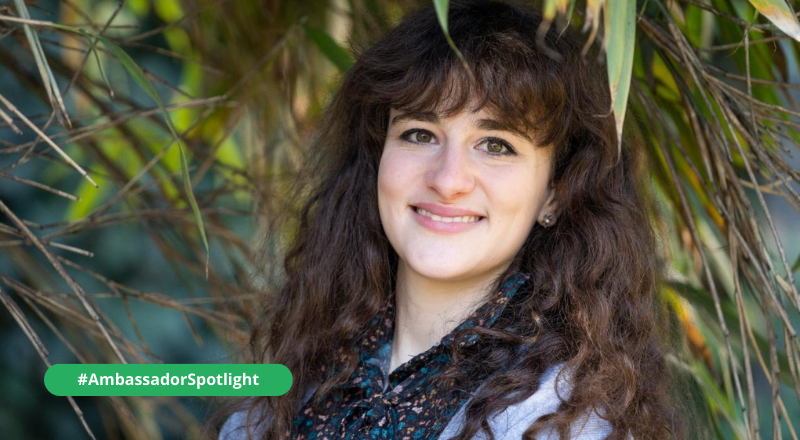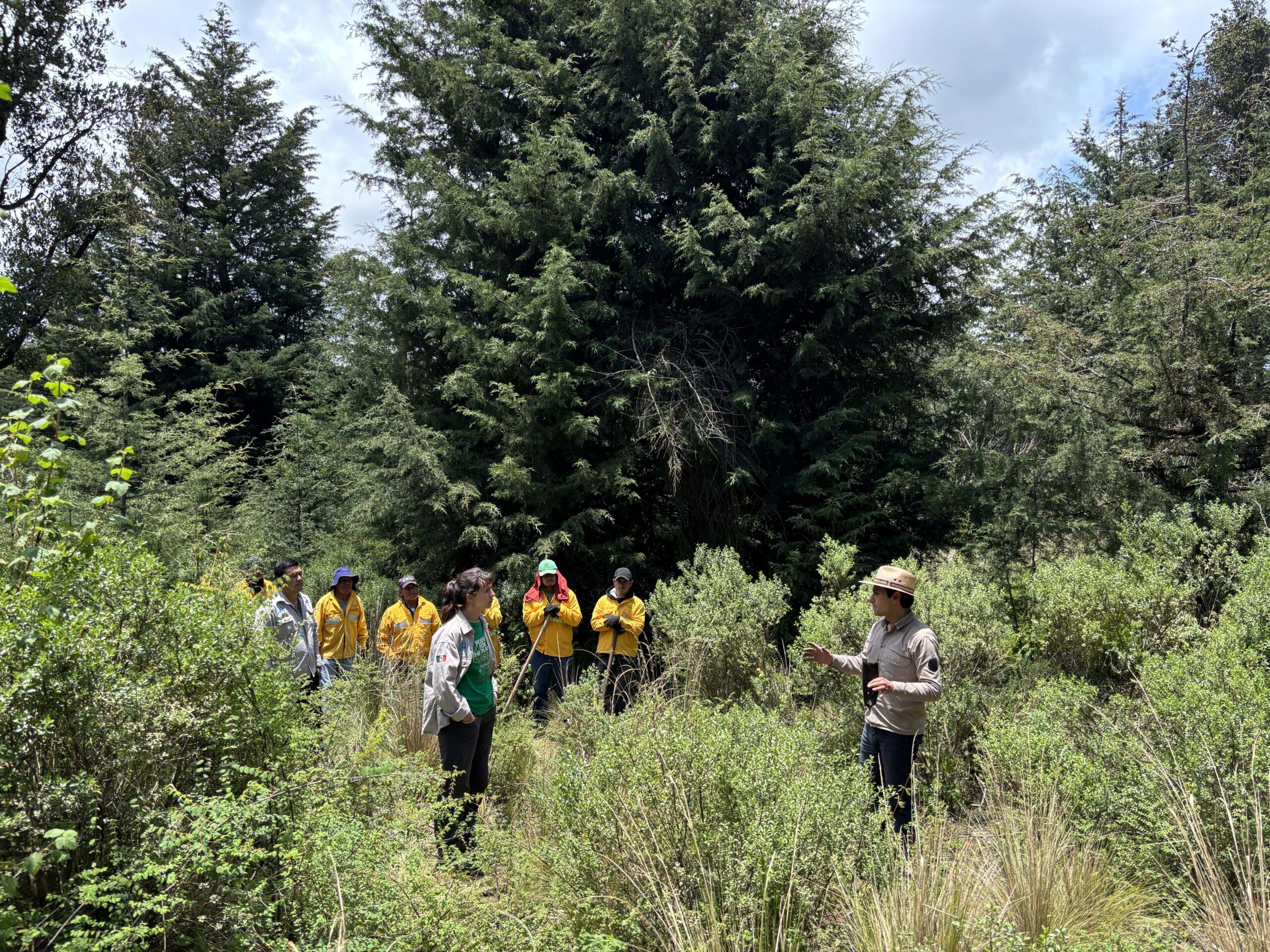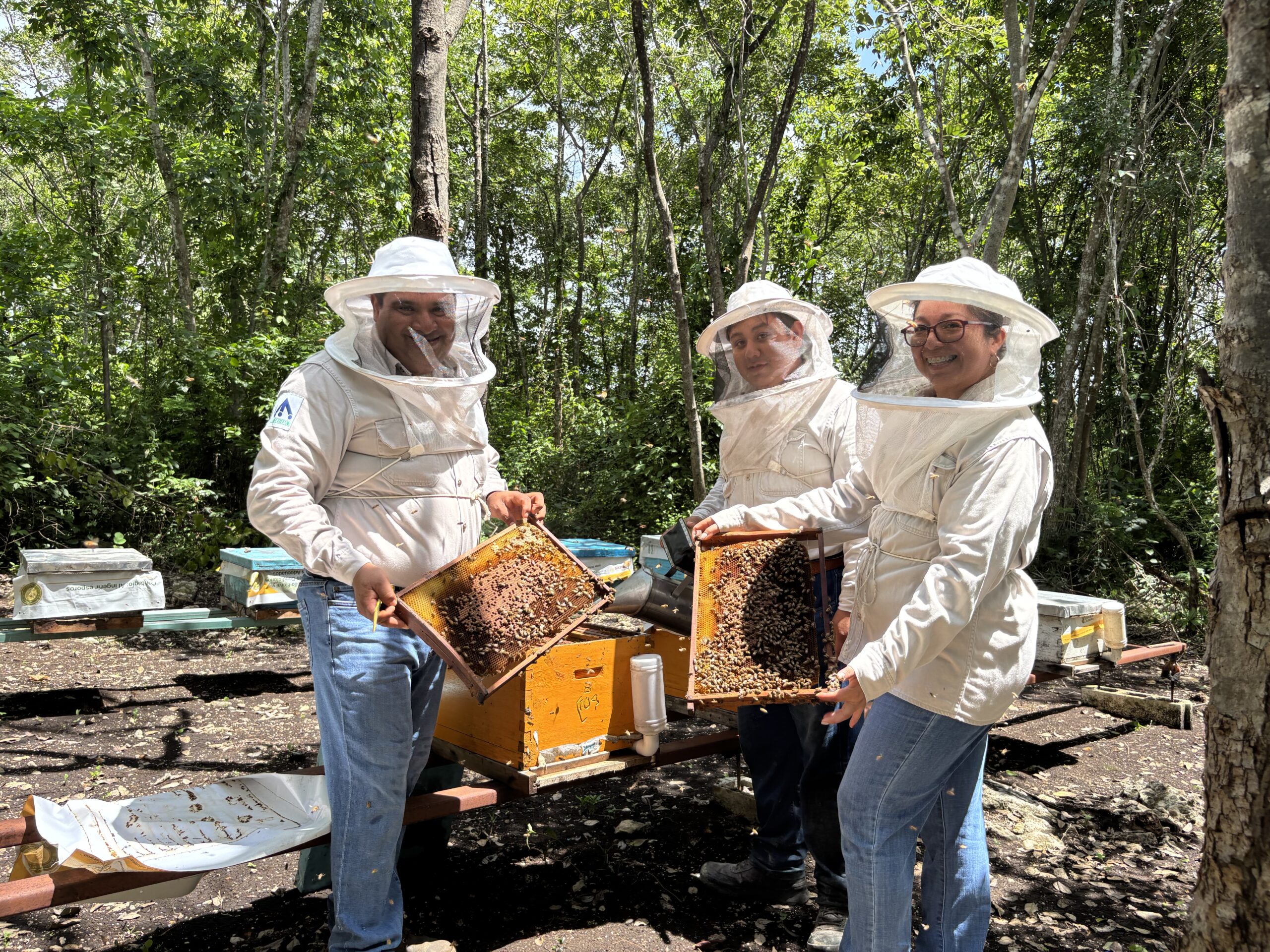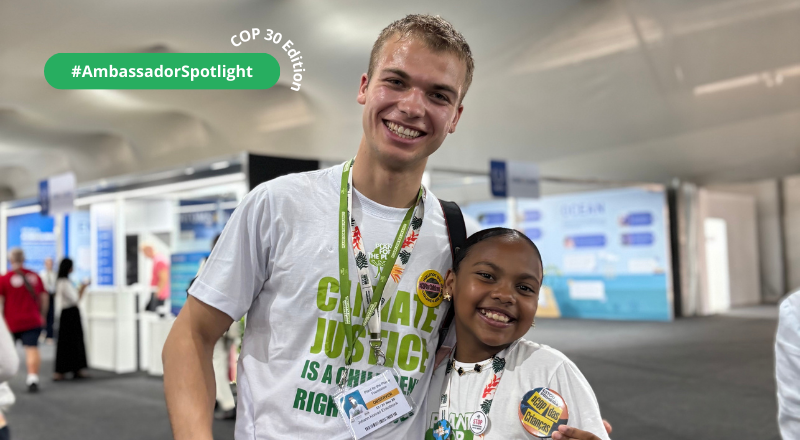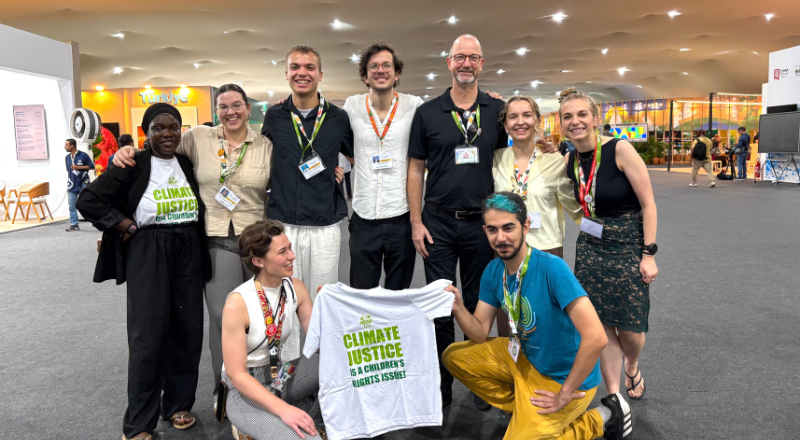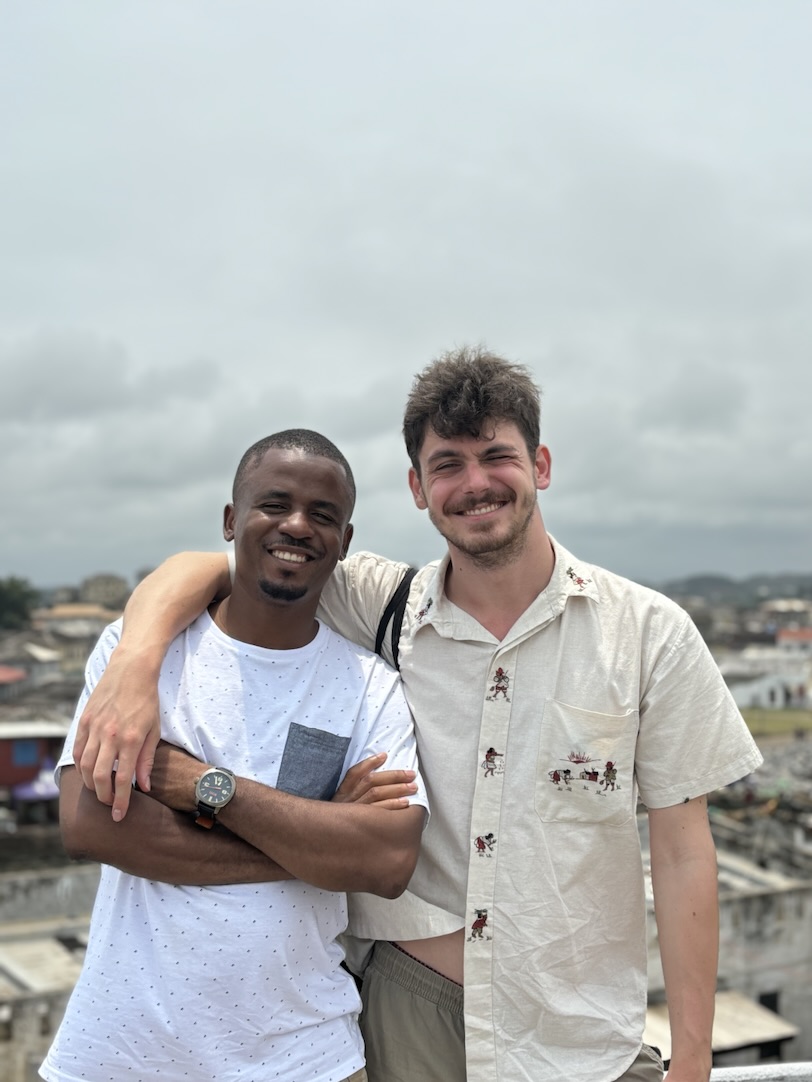
International Environmental Cooperation Matters—A Lot
In just 200 years, human activities have driven a 50% increase in atmospheric CO₂, accelerating global warming. The climate crisis knows no borders—but neither do solutions. This is the story of five years of cooperation and impact—how Plant-for-the-Planet Czechia and Plant-for-the-Planet Ghana, led by dedicated individuals, are driving change through grassroots climate action.
Same Mission, Different Continents
Speaking about international cooperation, at the heart of this special partnership are Šimon Michalčík and Mohammed Rabiu Dannakabu, working across different fields and expertise, driven by a shared passion for intersectional climate solutions.
Mohammed, who has been a Climate Justice Ambassador since 2014, comes from Ghana, a country highly vulnerable to climate change, where its impacts grow more severe each year. Irregular rainfall, prolonged droughts, and rising temperatures threaten agriculture, food security, and millions of livelihoods—especially in the northern regions. Wanting to take action, he started by educating children through Plant-for-the-Planet Academies, giving them the knowledge they lacked about what was happening to their home and equipping them with the tools to act.
Meanwhile, Šimon has been doing the same in Czechia, inspiring young people to fight for climate justice since 2014 in his hometown of Ostrava. Before even leaving their own youth behind, the two of them had already trained over 7,500 children.
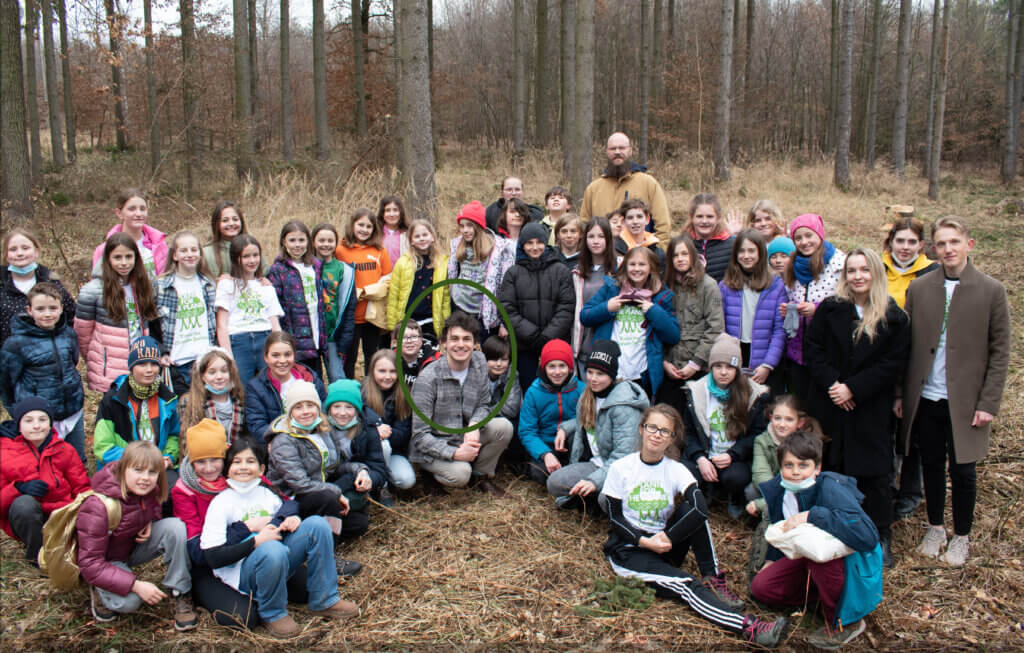
in Prague, Czechia
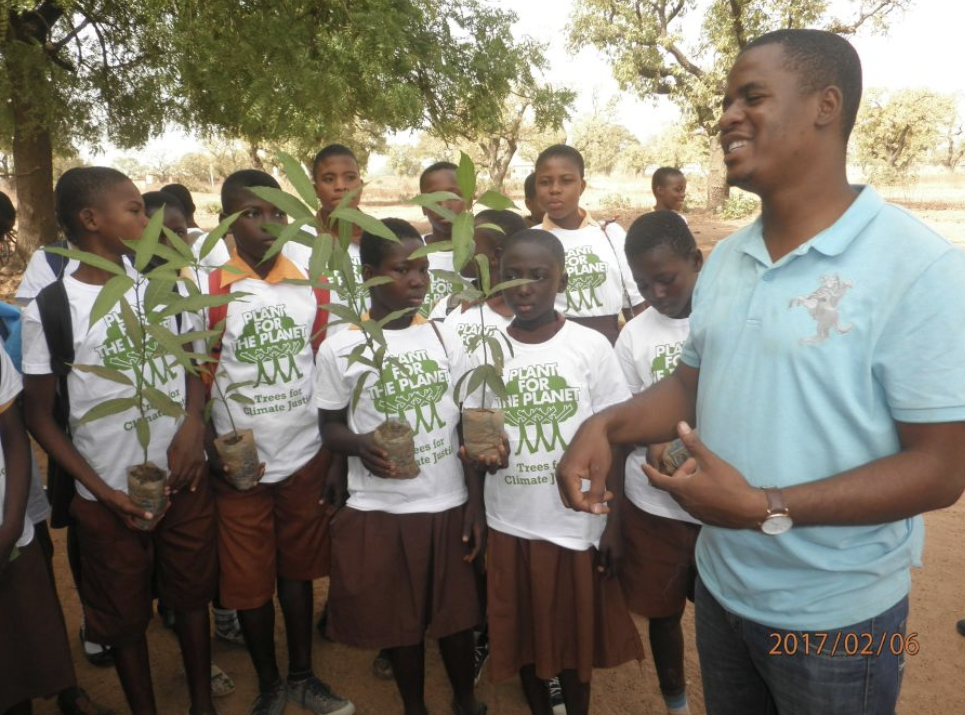
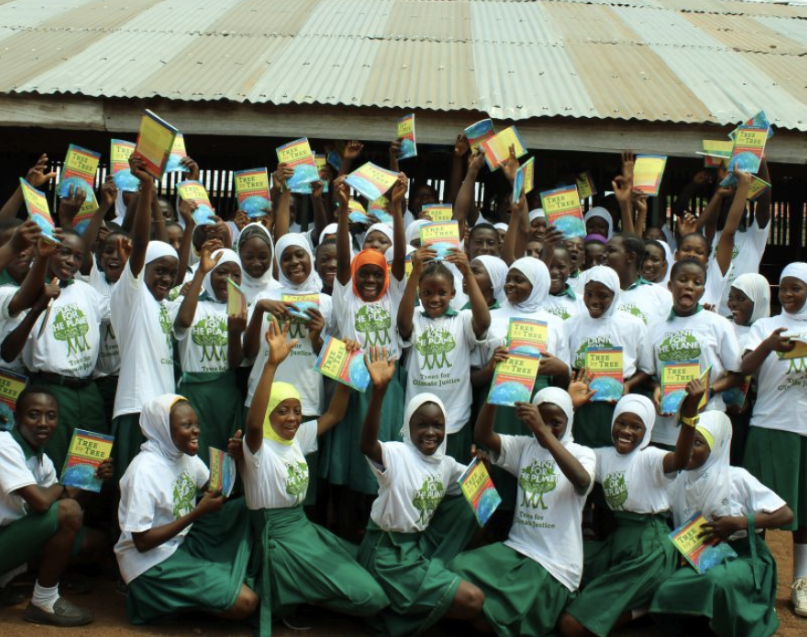
in Ghana
More Than Forest Restoration
Mohammed knew education alone wasn’t enough. His community needed action, stable jobs, and real climate solutions that wouldn’t hurt the nature that is so important to them. So, he founded Plant-for-Ghana, a project that blends forest restoration, women’s empowerment, community-led agroforestry, and green job creation.
At the same time, Šimon was building Plant-for-the-Planet Czechia—educating children, fundraising for local and global restoration efforts, and forging corporate and community partnerships. Throughout it all, he was driven by the power of grassroots movements, #GenerationRestoration, and positive climate storytelling.
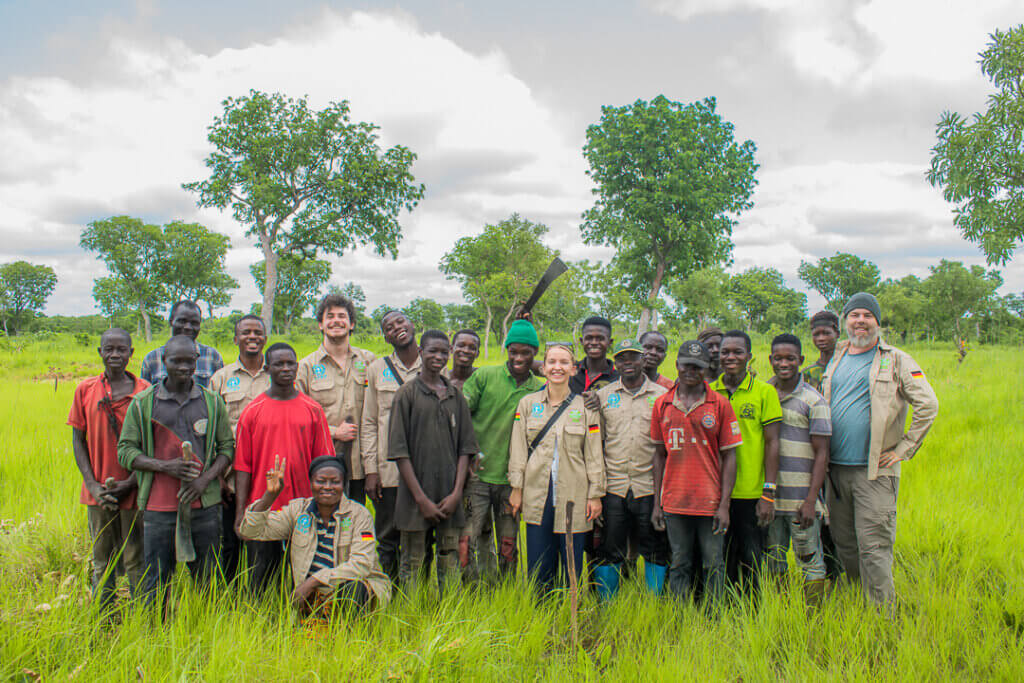
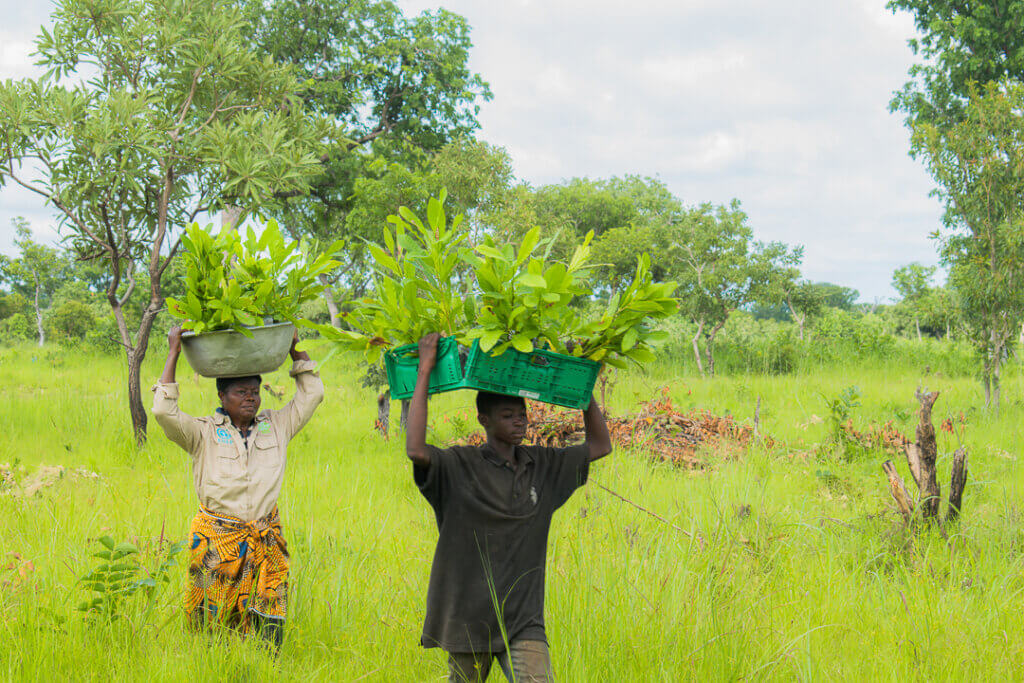
Their paths crossed five years ago in 2020, and their shared vision of forest restoration as a key local and global climate solution turned into a collaboration full of synergy—acting locally but thinking globally together.
So, what Happened Since 2020?
A lot.
There have been multiple visits to Plant-for-Ghana, where Czech colleagues met with communities, listened to their needs, gathered data for better storytelling, and shared the impact of restoration efforts with the world. In 2023 and 2024, Šimon visited Ghana several times, along with Tamara Cibulkova (in other words, along with me), to build stronger relationships, work with local communities, and hear firsthand from women, youth, and elders about the project’s impact.
Now it’s hopefully clear, that community support goes hand in hand with forest restoration. Lack of clean water, energy poverty and lack of opportunities are the main struggles that were indentified during these intensive meetings. Understanding the deep connection between forests, livelihoods, and resilience in the community, has helped make the restoration strategy even more impactful and has widened the scope of what’s possible.
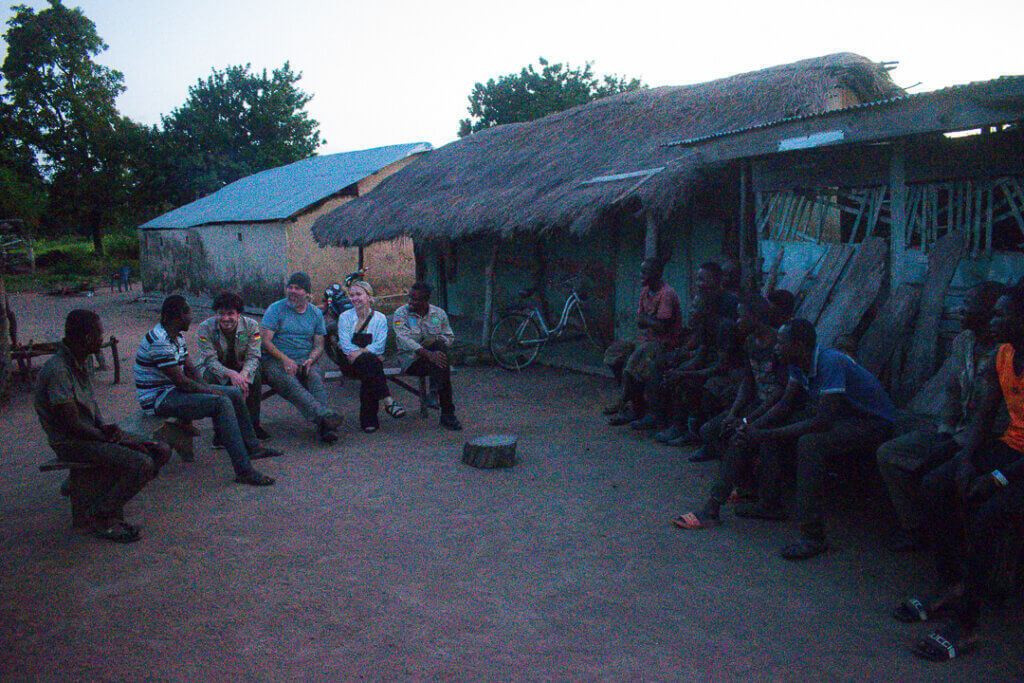
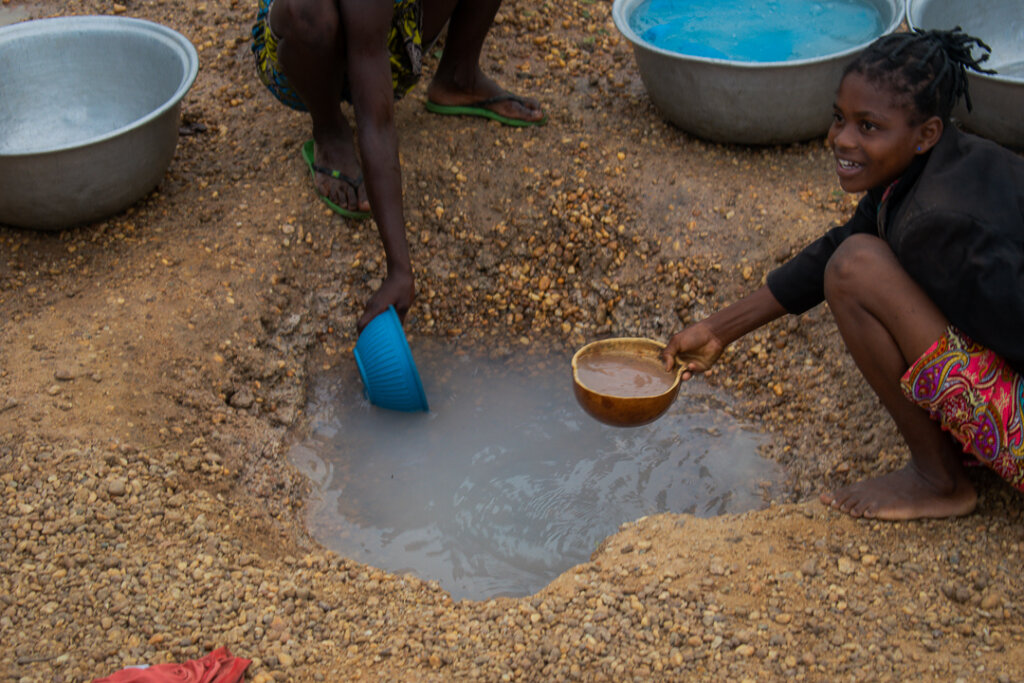
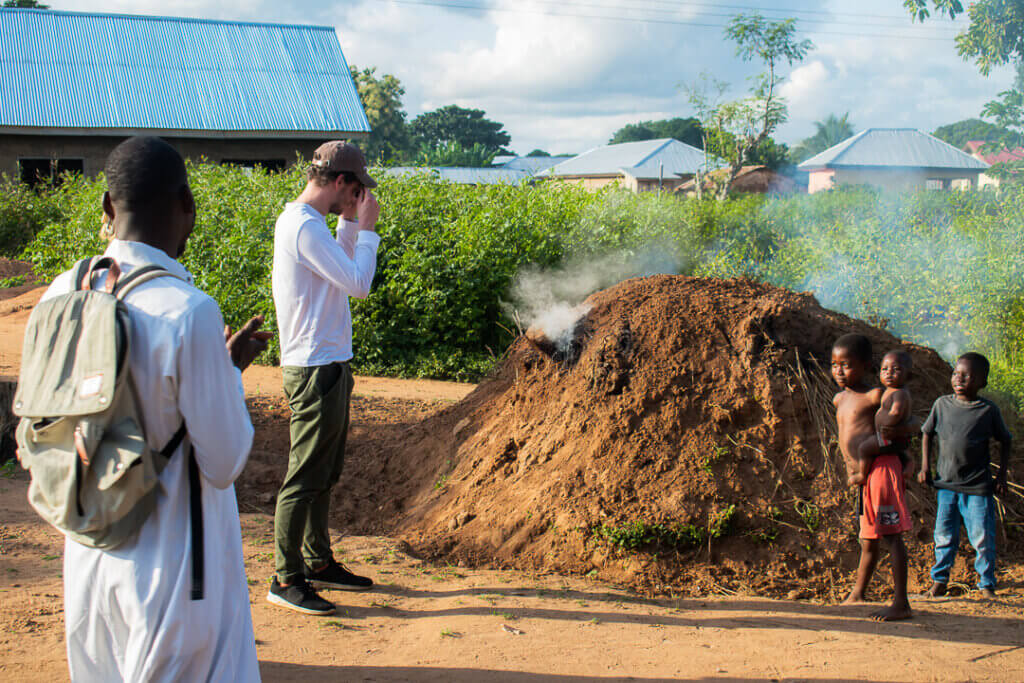
Strategically, the teams are working further to raise more funds and awareness to deepen this impact—fulfilling the potential that Mohammed saw from the beginning. Do you want to support the project, too? Discover and support Plant-for-Ghana here. Go ahead; there is much more to the project!
Scaling up while keeping the community focus
Of course, funding had to follow—helping to scale up the project and strengthen partnerships, Plant–for-the-Planet Czechia has ensured funding for more than 70,000 trees and a long-term commitment of donors. Additionally, as restoration goes hand in hand with community welfare, to secure the success of the project, Šimon has been driving efforts and ensured funding for a solar powered water borehole, tricycle ambulance, beekeeping for women and much more! Mohammed on the other hand, has been ensuring the scaling up as smoothly as possible with his great expertise and passion on the ground.
We love partnering for meaningful causes and amplifying the synergy and impact. That’s exactly what happened, when the Czech Embassy in Accra, through the Czech Development Agency, joined as a partner, Plant-for-Ghana became a three-time recipient of its Small Scale Project funding and strategically planned how to use the funds to underline the sustainability of the project.
So how do you do that, exactly?
Firstly in 2021, 10,000 trees were funded (mango and cashew!) in communities Chibrinyua and Kyinga Krom. Community ownership ensures long-term care for the trees, and locals benefit from the produce! Then in 2022, a new tree nursery was established (additional to ours at Plant-for-Ghana which is the heart of the project), providing jobs and training for 10 women while producing up to 25,000 seedlings annually. And finally, in 2023, the sustainable development expanded further, securing funding for an oil press machine to add value to agroforestry products, enabling local processing of cashews, peanuts, and more.
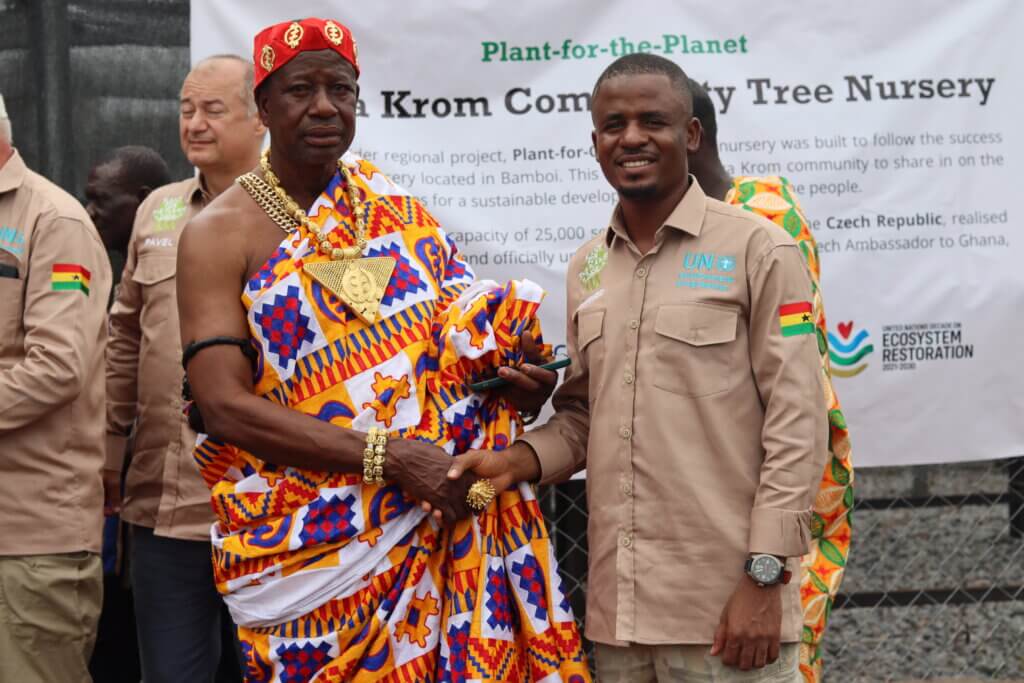
of the 2nd Tree Nursery
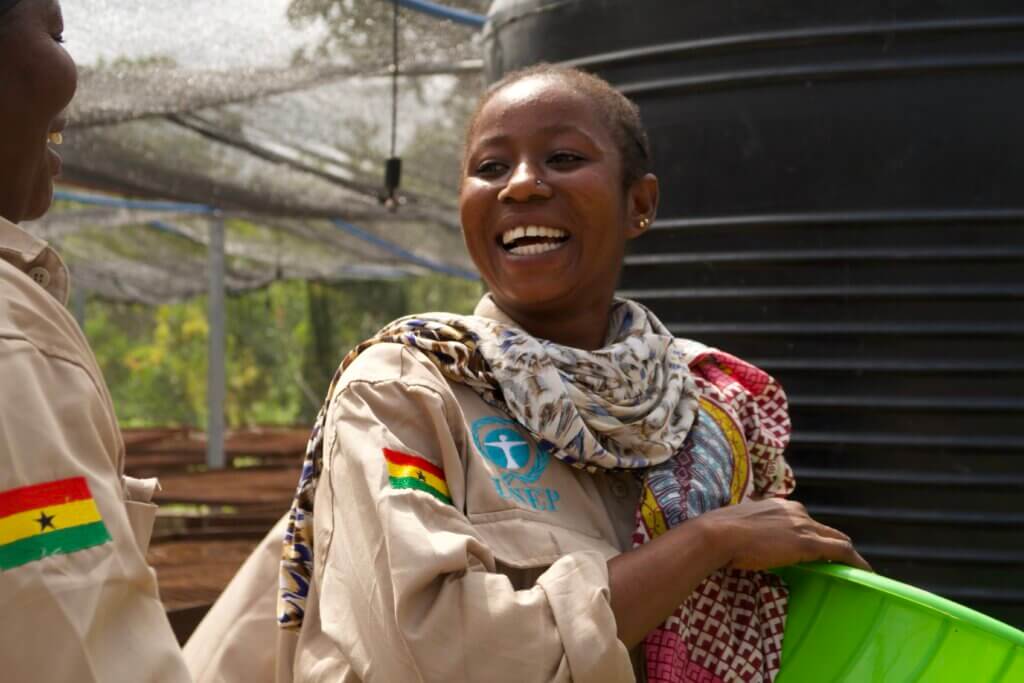
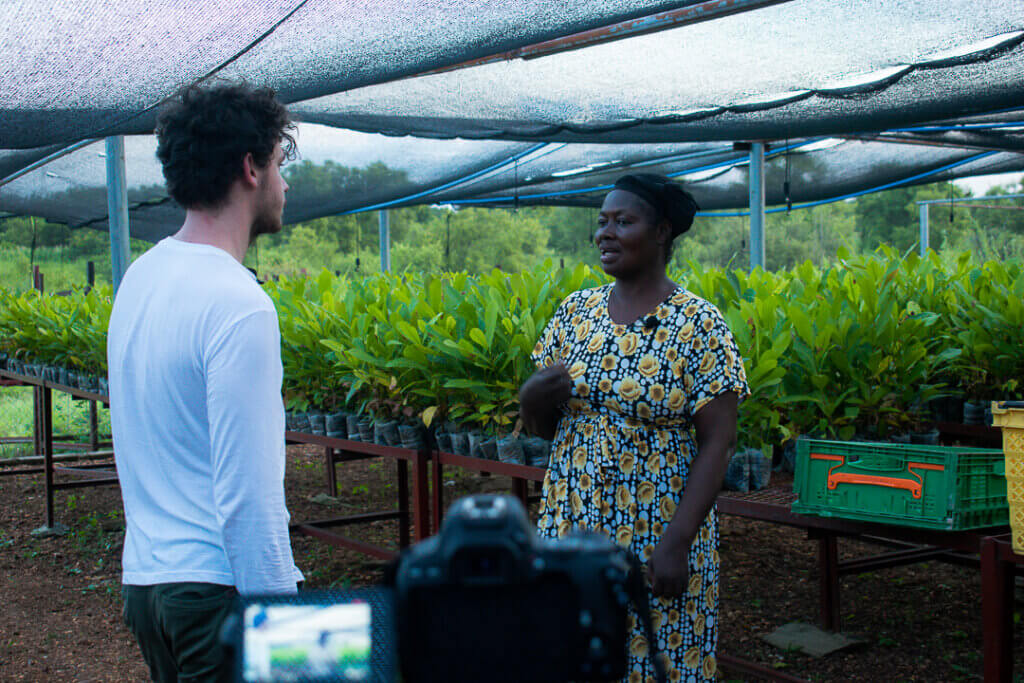
This perfectly shows that Restoration is not just trees.
Grassroots Movement at Its Finest
By working together across borders, this collaboration proves that international cooperation isn’t just valuable but essential. The climate crisis demands a global response, and partnerships like this show that when people unite around a shared cause, they can drive lasting change. Plant-for-Ghana is an ever-growing example of that.
Want to read more about the project? Check out “Tamara’s insights on community-based forest restoration at Plant-for-Ghana.”
